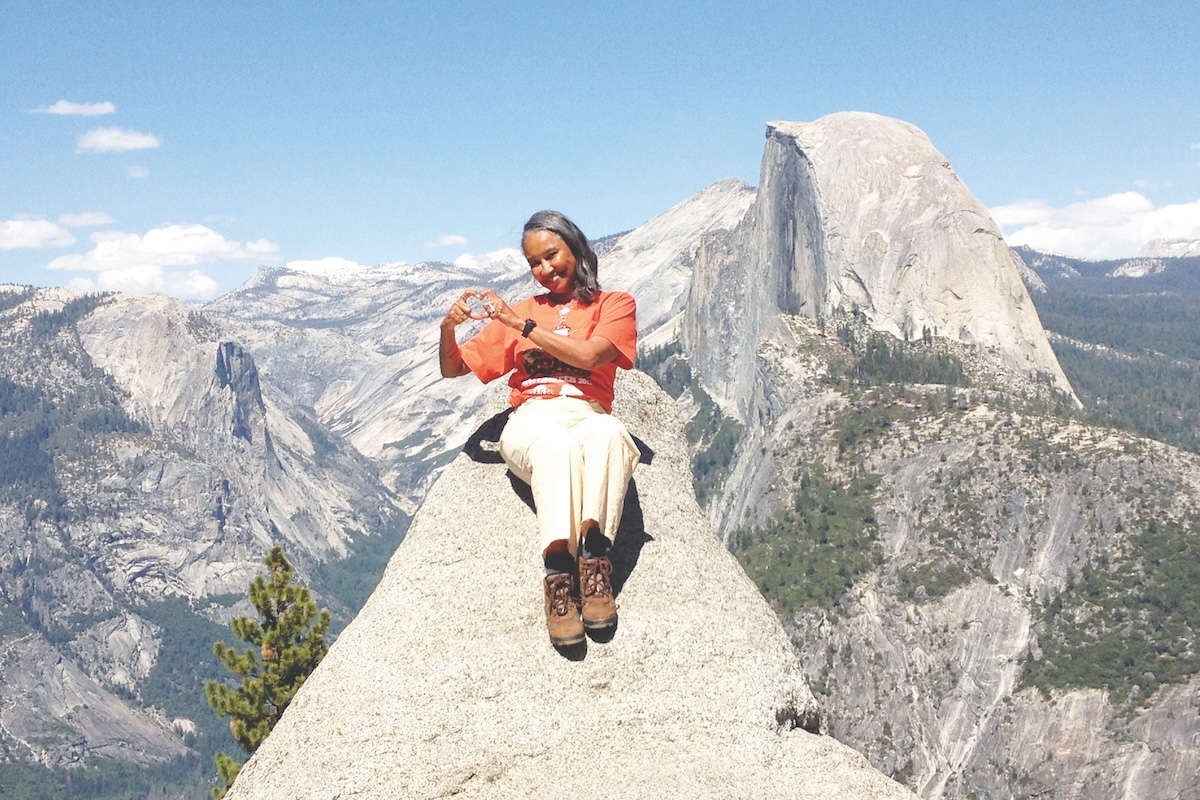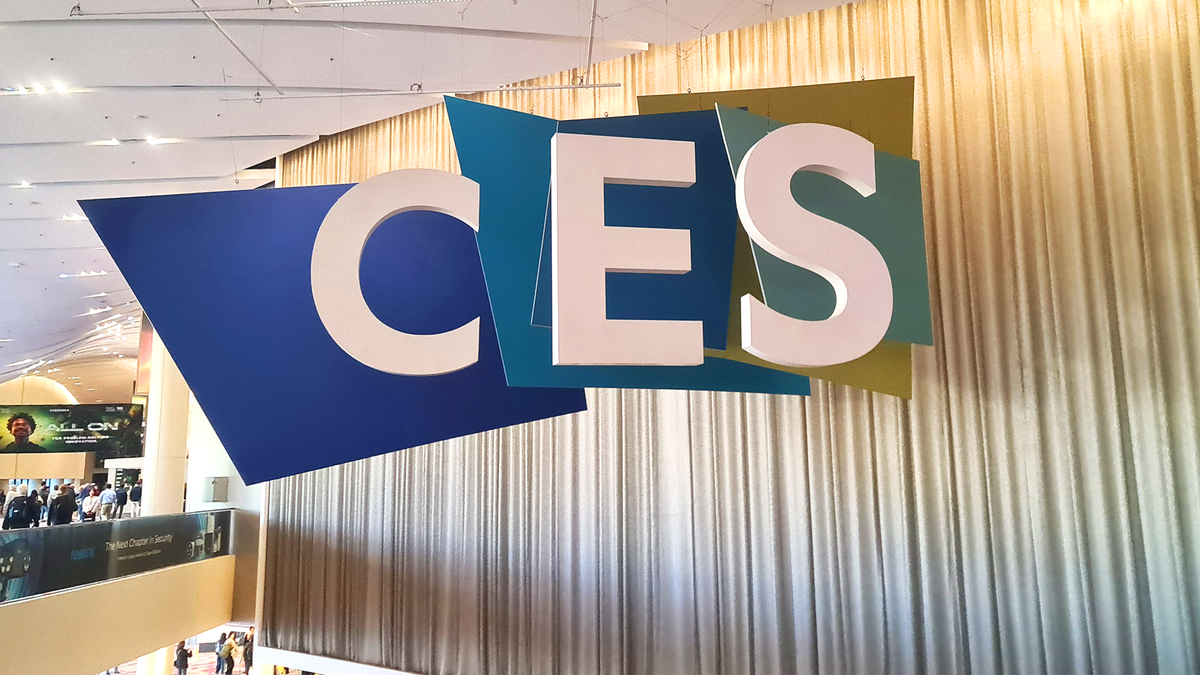Travel
Local Black Travel Experts Promote Global Adventures

Black travel worldwide represents a dominant sector in the industry. Experts, consultants and researchers offer real-time data proving their assertions: Black travelers in 2020 spent upwards of $109.4 billion annually, based on one study of international travel from Black Travel Alliance in partnership with marketing and tech company MMGY Global. Add in domestic Black travel, and the figure jumps to $129.6 billion.
Research shows that 70% of multicultural travelers book accommodations and experiences in spaces and with companies in which they see themselves reflected. From airports to cruise ships, destination resorts and beyond, travel and hospitality businesses are pushing hard to capitalize on the boom.
If numbers don’t convince, firsthand stories and substantial expertise are available from professional travel consultants right here in the East Bay. Martinique Lewis is an award-winning diversity-in-travel consultant, president of the Black Travel Alliance, creator of The ABC Travel Greenbook and app, and host of National Geographic’s Black Travel Across America.
Elaine Lee is a civil rights, estate planning and real estate attorney, travel writer, editor of Go Girl 2: The Black Woman’s Book of Travel and Adventure—a recently released second edition of Go Girl—and a highly-sought keynote speaker. Her work has appeared in the New York Times travel section; Sunset Magazine; O, The Oprah Magazine; Essence; Black Enterprise; Ebony; the Wall Street Journal and more. Lee’s website (www.ugogurl.com) is one of the leading portals of Black travel information and resources.
In an interview, Lee says the responsibilities and privileges associated with being a multicultural traveler in any country begin and end with two things: respect and research. “I often sign my books, ‘Awakening the global heart.’ That’s what I’m about,” she says. “That’s why in traveling to 69 different countries I have very few horror stories. It’s a blessing to learn to play on planet Earth. Respect the culture and the people you visit. Bother to learn the basics of their language, dress modestly, learn how to use the money, honor the differences. Do your homework, prepare.”
If people explore a place and a community with this approach, Lee says commonalities emerge and differences, while not disappearing, add interest or fade. “Travelers embracing global citizenry are judged by the heart, by what kind of person you are,” she says. “Race becomes less important. I come from America, a country guided by pigment-ocracy. Most places in other parts of the world couldn’t care less about what color you are. That strengthens me and other people as well.”
Even so, Black people frequently express concerns to Lee about traveling solo internationally. “People are fearful because travel has been unfaithful to Black people for most of our history here in America,” Lee says. “It’s hard to shake the reverberations. They’re just scared because we’re second or third-class citizens here and little do they know that when they get outside of America, they’re first-class citizens.
“They’re worried they might be mistreated abroad,” Lee adds. “Fear of the unknown is natural. That’s why statistics show that Black people engage in more group travel than any other race. We feel safety in numbers, but as the word gets out about how to travel safely, young people are saying to each other there’s no place more dangerous for Black travelers than America—other than maybe countries at war. So if you can navigate here, you can certainly navigate anywhere.”
For solo Black women travelers in particular, Lee advises establishing a local contact in each location when possible and making sure someone back home knows your complete itinerary. “I belong to a home exchange and that puts me into a community and enhances safety,” she says. “I list my name with state department embassies and I’m a salsa dancer, so I seek out my tribe. Sisterhood is powerful, and most women I meet go out of their way to help.”
Increasingly, social media is changing the industry and for the most part, for the better. Lee is learning to adapt and says she loves GPS, uses a stringently vetted list of travel groups, and has hired a social media assistant to help create an e-book and podcast.
“Social media doesn’t necessarily require scholarship, so I’m still pleased that Black travelers continue to turn to books with essays from skilled writers and seasoned travelers,” she says.
In addition to a substantive resource section, Go Girl 2 unveils new, young voices with 54 contributions from Black women luminaries such as Maya Angelou, Alice Walker, Rue Mapp, Faith Adele and many more.
Lewis’ The ABC Travel Green Book bears a similar, multigenerational imprint. Inspired by Victor Hugo Green’s 1936 The Negro Motorist Green Book, an essential guidebook for Black people traveling safely in the racist Jim Crow South, Lewis packs it with relevant-to-today international information. It begins with a guide to Black-owned businesses and the countries where they can be found before swiftly moving into every imaginable aspect of the Black diaspora.
“Because I’m a world traveler, I wrote mine for the world,” Lewis says. “Black dollars circulating globally support Black mobility and create economic viability. When I created the app based on the book, I added America. I can translate the app into any language; I’ve added a curated AI chatbot, grown it in scale and updated it. It’s been around for nine months and we already have 10,000 users.”
She adds, “I have brand partners and have been profitable every month. Because everyone now has cell phones, Black people can have the information at their fingertips to connect culturally and safely in any destination.”
Lewis’ consultancy company certainly serves travelers, but much of her energy is focused on advising and transforming the industry, and educating leaders and companies who are her primary clients. A surprising gap in awareness causes risk because missing out on or ignoring the massive number of Black travelers setting trends—and spending substantial discretionary income that exceeds previous generations—means falling profitability.
“Destination locations should market to Black travelers, but often they turn a blind eye, don’t amplify their local Black businesses, don’t show up in places where Black people are,” Lewis says. “To make Black travelers feel safe and welcome, honestly, everybody needs bias training. Companies should make sure they’re part of smashing stereotypes about Black people.”
She continues, “Don’t think of a six-foot-four Nigerian Black man with huge muscles as dangerous or harmful. Show up with Black businesses and offer products, support them and show up with your dollars.”
Lee says her hopes for Black travelers center on greater awareness of the resources that connect them to fellow travelers and the growing volume of companies and services available. Her destinations and recommendations for domestic travel in the coming year include locations along the Civil Rights Trail and a trip to the Gullah community near Charleston, South Carolina, where Lee says the authentic West African culture is “less painted with European influence” and the original language and African traditions are preserved.
International travel to Central America near Belize to visit the Garifuna people offers an opportunity to explore one of the few African-descended populations who were never enslaved. Costa Rica is a second choice because it’s easy to navigate, especially along the west coast where communities have maintained authentic culture since arriving in the 1920s.
“Black travelers need to know there’s a social media network that eliminates fear, provides local contacts and enhances travel through connection to fellow travelers,” Lee says. “Undertaken with a global heart, Black travel offers joy.”









